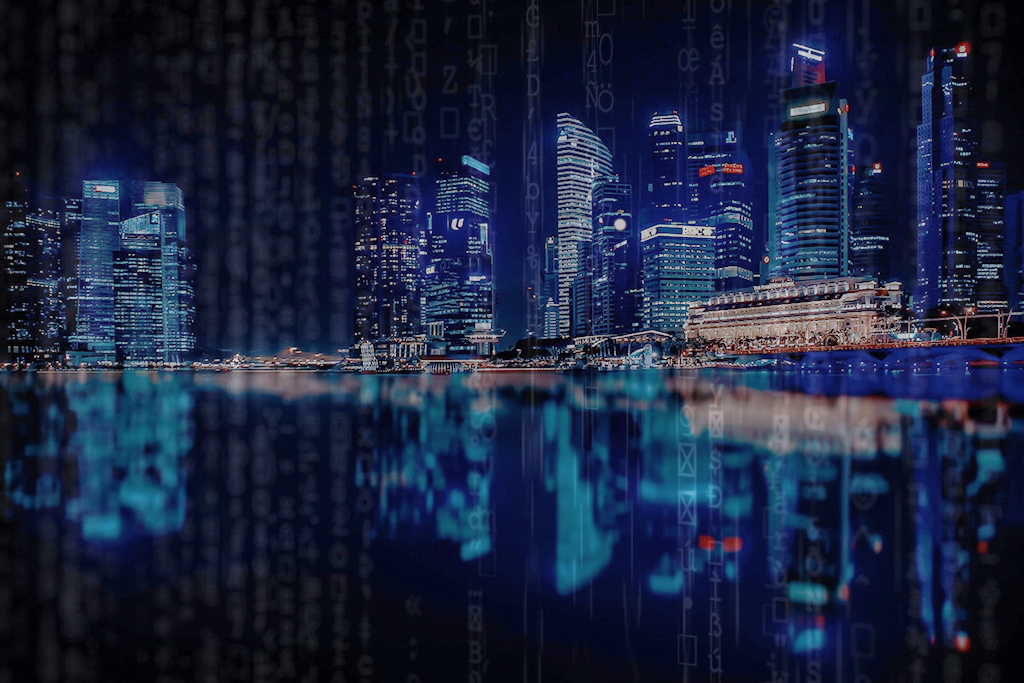Technology trends shaping commercial real estate

Drone Technology
In commercial real estate, drone technology is mainly about gathering data. Generally, it lets CRE professionals and stakeholders gather crucial information about properties and assets. For real estate agents, drone technology can help them create more user-driven and realistic experiences, together with amazing photos and high-quality videos for their property brochures, social media pages, or websites. For property managers, landlords and commercial tenants, drone technology can help them inspect buildings and track problematic areas.
Virtual Reality
If you thought that VR is only for movies, gaming and other entertainment, think again. Virtual reality has become a trend that’s being used widely in the commercial real estate market. With this technology, property managers are now capable of adding gamification to the entire property selection process. Clients are now able to take virtual tours in office spaces that they are interested in, and get the feeling of moving around and seeing everything in a crystal clear manner.
Another big advantage that VR brings to the CRE industry is that it significantly saves potential investors and tenants both money and time. This is because they don’t have to travel in order to have a look at the properties they are interested in. Moreover, investors and tenants can be able to view spaces even before they are built. Lastly, VR videos can be incorporated to social media channels and websites, which help property managers to reach wider audiences.
Internet of Things (IoT)
IoT still sounds like something from a science fiction movie, rather than a property manager’s daily routine. The truth of the matter is that Internet of Things is one of the technology trends that are changing the commercial real estate industry today. By integrating the technology into building management systems, IoT enhances building performance, and uses sensor-generated data to improve building user experience.
As far as use of IoT in property management is concerned, it’s usually incorporated in smart devices and relies on algorithms to automate simple tasks, eliminate mistakes, make decisions, as well as learn and adapt to the environment. Furthermore, IoT offers an opportunity to automate job functions in the office, i.e. it can be useful in predictive analytics, marketing automation, and customer support, among other things.
Smart Sensors
Smart sensors are an integral part of any smart building. Their biggest advantage is that their integration into buildings helps significantly in enhancing safety and security by monitoring and reporting on a wide range of issues. Many sensors in the buildings have the ability to sense and gather environmental changes, and then report types of information such as temperature, light and humidity in real-time.
Conclusion
There are many ways in which technology has impacted the commercial real estate industry. Use of lease managing software, 3D modeling programs, CRE data exchanging platforms, and cloud connectivity etc, are all helping property managers and tenants on multiple levels. There’s no doubt that more interesting technologies will come up, which will put property managers and tenants in a good position to advance their businesses.
The article was published on the REoptimizer's website. Its origial version is avaliable here: http://www.reoptimizer.com/real-estate-optimization-blog/technology-trends-shaping-commercial-real-estate
Follow Us
TRENDING POST
Tags
- Proptech (45)
- Real Estate Services (22)
- IoT (17)
- Singu Tenant App (16)
- Facility Management (14)
- Events (7)
- AI (6)
- ESG (6)
- Smart Security (5)
- BIM (4)
- Guest Management (3)
- 2019-03-06 (2)
- 2019-04-02 (2)
- workplace (2)
- Digital Twin (2)
- VR (2)
- Blockchain (2)
- retail (2)
- 2019-04-06 (1)
- 2019-04-03 (1)
- 2019-03-12 (1)
- 2019-05-14 (1)
- 2019-04-04 (1)
- 2019-03-15 (1)
- 2019-06-04 (1)
- 2019-06-25 (1)
- coworking (1)
- CMMS (1)
- Construction (1)
- 2019-04-03-04 (0)






